Inflammation is a pathway to depression — and a potential avenue for treatment, research suggests.
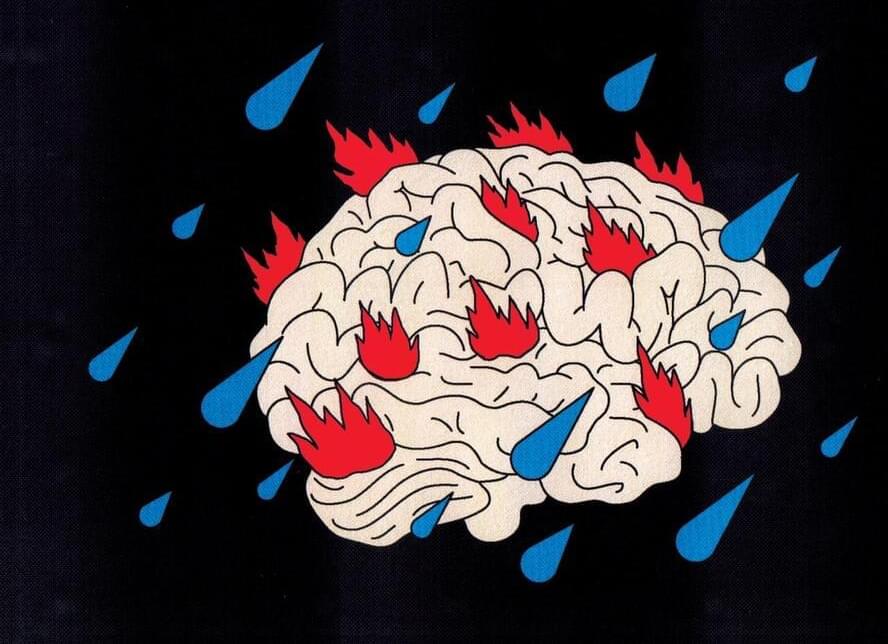

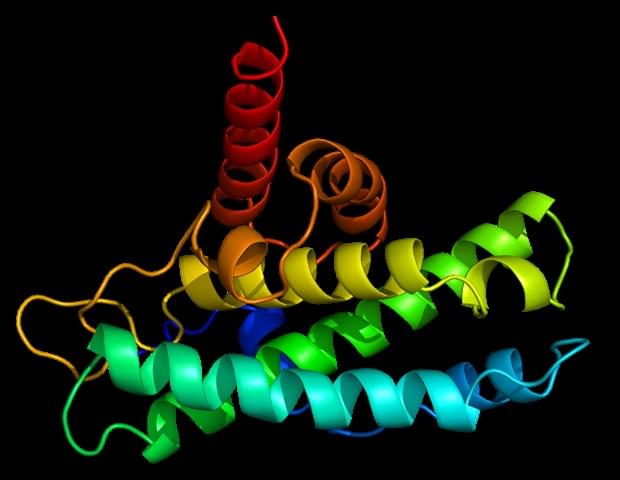
Humans and animals detect different stimuli such as light, sound, and odor through nerve cells, which then transmit the information to the brain. Nerve cells must be able to adjust to the wide range of stimuli they receive, which can range from very weak to very strong. To do this, they may become more or less sensitive to stimuli (sensitization and habituation), or they may become more sensitive to weaker stimuli and less sensitive to stronger stimuli for better overall responsiveness (gain control). However, the exact way this happens is not yet understood.
To better understand the process of gain control, a research team led by Professor Kimura at Nagoya City University in Japan studied the roundworm C. elegans. They found that, when the worm first smells an unpleasant odor, its nerve cells exhibit a large, quickly increasing, and continuous response to both weak and strong stimuli. However, after exposure to the odor, the response is smaller and slower to weak stimuli but remains large to strong stimuli, similar to the response to the first exposure to the odor. Because the experience of odor exposure causes more efficient movement of worms away from the odor, the nerve cells have changed their response to better adapt to the stimulus using gain control.
Then the researchers used mathematical modeling to understand this process. Mathematical modeling is a powerful tool that can be used to better understand complex biological processes. They found that the “response to first smell” consists of fast and slow components, while the “response after exposure” only consists of the slow component, meaning that the odor experience inhibits the fast component to achieve gain control. They further found that both responses could be described by a simple differential equation and that the slow and fast components correspond to the leaky integration of a first and second derivative term of the odor concentration that the worm senses, respectively. The results of this study showed that the prior odor experience only appears to inhibit the mechanism required for the fast component.
Researchers from the University of Cincinnati examined the post-treatment journals kept by participants in a 2014 smoking cessation study that found psychedelics were effective in helping some people quit smoking for years.
In a new paper published in the Kennedy Institute of Ethics Journal, researchers analyzed the participants’ own words and found that psychedelics combined with talk therapy often helped longtime smokers see themselves as nonsmokers. This new core identity might help explain why 80% of participants were able to stop smoking for six months and 60% remained smoking-free after five years.
The 2014 study by researchers at Johns Hopkins University found that participants who wanted to quit smoking and used psilocybin, the active hallucinogenic ingredient in psychedelic mushrooms, combined with cognitive behavioral therapy were far more likely to succeed than those who try other traditional quit-smoking methods.
A study published in Cell Stem Cell this month concluded that they can. Using brain organoids made from human cells, a team led by Dr. Han-Chiao Isaac Chen at the University of Pennsylvania transplanted the mini-brains into adult rats with substantial damage to their visual cortex—the area that supports vision.
In just three months, the mini-brains merged with the rats’ brains. When the team shone flashing lights for the animals, the organoids spiked with electrical activity. In other words, the human mini-brain received signals from the rats’ eyes.
It’s not just random noise. Similar to our visual cortex, some of the mini-brain’s neurons gradually developed a preference for light shone at a particular orientation. Imagine looking at a black and white windmill blow toy as your eyes adjust to the different moving stripes. It sounds simple, but the ability of your eyes to adjust—dubbed “orientation selection”—is a sophisticated level of visual processing that’s critical to how we perceive the world.
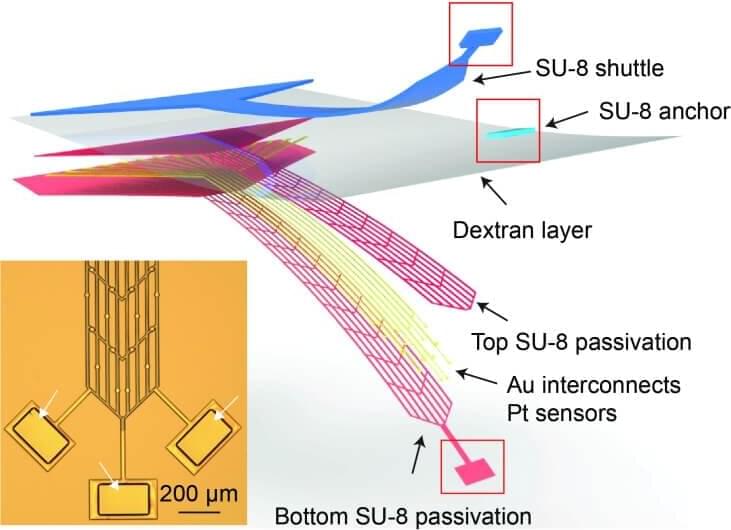
When a person experiences a happy or sad mood, which brain cells are active?
To answer that question, scientists need to understand how individual brain cells contribute to a larger network of brain activity and what role each cell plays in shaping behavior and overall health. Until now, it’s been difficult to get a clear view of how brain cells in living animals behave over extended periods of time.
But Jia Liu’s group at the Harvard John A. Paulson School of Engineering and Applied Sciences (SEAS) has developed an electronic implant that collected detailed information about brain activity from a single cell of interest for more than a year. Their findings, based on research in mice, are reported in Nature Neuroscience.
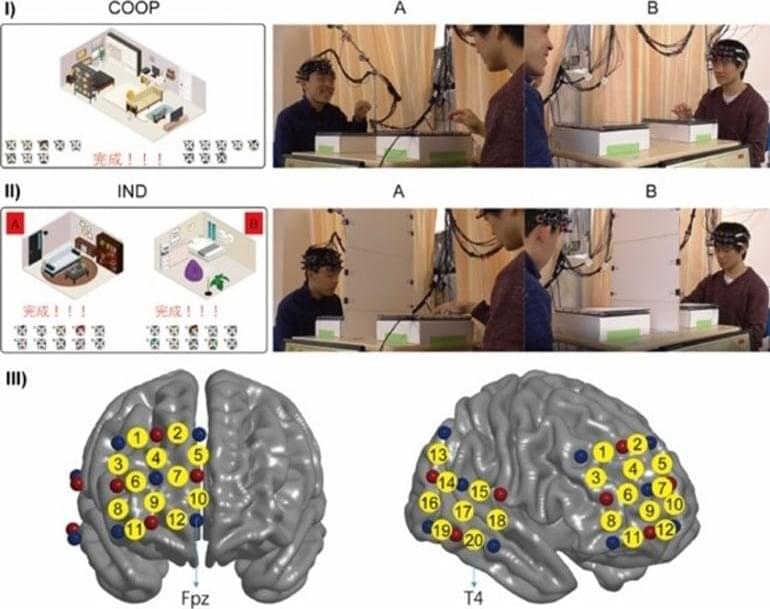
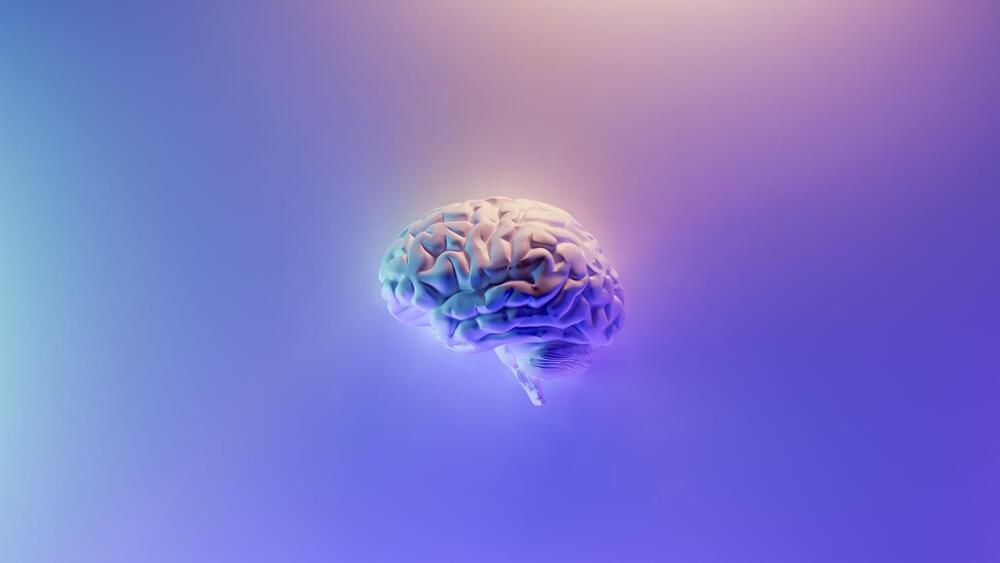

“People on metformin have 30% lower rates of almost every kind of cancer. It delays cognitive decline. Even people with diabetes who are obese and have more disease to start with but are on metformin have lower mortality rates than people without diabetes who aren’t on the drug.”
What he says is born out in numerous studies. Overall, this safe, super-cheap, decades-old drug not only treats diabetes, but it also seems to delay and compress the years of chronic illness associated with the final stage of life and extend what geroscientists call the “healthspan.”
Metformin is just one of many medications, including other old ones and some brand new inventions, that academic researchers and biotech startups are exploring to slow, stop, or perhaps even reverse aging.
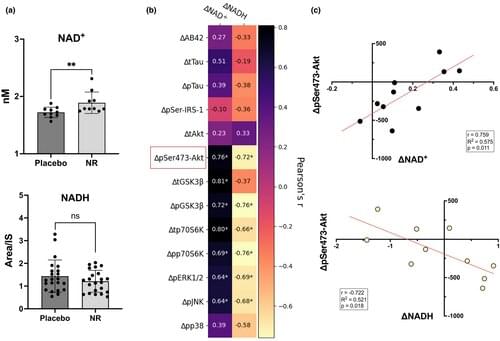
For the first time, a researcher at the University of Delaware College of Health Sciences in collaboration with a team at the National Institute on Aging, a division of the National Institutes of Health, has determined that the naturally occurring dietary supplement known as nicotinamide riboside (NR) can enter the brain.
The discovery was made by Christopher Martens, assistant professor of kinesiology and applied physiology and director of the Delaware Center for Cognitive Aging Research, and Dr. Dimitrios Kapogiannis, a senior investigator at the National Institute on Aging. The finding is significant because it supports the idea that NR, upon reaching the brain, can alter the metabolism of relevant biological pathways involved in neurodegenerative diseases like Alzheimer’s. Their work was recently published in the journal Aging Cell.
Upon consumption, NR is readily converted into nicotinamide adenine dinucleotide (NAD+), which is critical to cellular repair and the repair of damaged DNA.
John Vervaeke and Donald Hoffman talk about infinity, ego, death, non-dualism, and what is reality. Sponsors:
- Brilliant: https://brilliant.org/TOE for 20% off.
- Masterworks: https://www.masterworks.com promo code TOE
- Shopify: https://www.shopify.com/theories to start your free trial.
*New* TOE Website (early access to episodes): https://theoriesofeverything.org/
Patreon: https://patreon.com/curtjaimungal.
Crypto: https://tinyurl.com/cryptoTOE
PayPal: https://tinyurl.com/paypalTOE
Twitter: https://twitter.com/TOEwithCurt.
Discord Invite: https://discord.com/invite/kBcnfNVwqs.
iTunes: https://podcasts.apple.com/ca/podcast/better-left-unsaid-wit…1521758802
Pandora: https://pdora.co/33b9lfP
Spotify: https://open.spotify.com/show/4gL14b92xAErofYQA7bU4e.
Subreddit r/TheoriesOfEverything: https://reddit.com/r/theoriesofeverything.
LINKS MENTIONED:
- Important TOE ep: Lilian Dindo: https://youtu.be/L_hI7JNsbt0
- Important TOE ep: Karl Friston (Part 2): https://youtu.be/SWtFU1Lit3M
- The Meaning Crisis: https://www.youtube.com/playlist?list=PLND1JCRq8Vuh3f0P5qjrSdb5eC1ZfZwWJ
- Donald Hoffman theolocution w/ Joscha Bach: https://youtu.be/bhSlYfVtgww.
- John Vervaeke theolocution w/ Joscha Bach: https://youtu.be/rK7ux_JhHM4
- John Vervaeke theolocution w/ Bernardo Kastrup: https://youtu.be/zw6BFDJ765w.
- John Vervaeke solo TOE podcast: https://youtu.be/3p8o3-7mvQc.
- Donald Hoffman solo TOE podcast: https://youtu.be/CmieNQH7Q4w.
TIMESTAMPS:
00:00:00 Introduction.
00:03:10 Zen, intelligibility, and Neoplatonism.
00:05:26 Physics and consciousness.
00:07:16 Spacetime and Nima Arkani Hamed.
00:09:34 What do they find impactful about one another’s work?
00:14:27 What does “fundamental” mean?
00:22:08 Reality vs. Fundamentality.
00:25:07 Gödel’s incompleteness is NOT about TOEs.
00:35:49 Science predicts its own demise.
00:46:00 Psychosis, derealization, and the terror of delving into TOEs.
01:02:17 Morality and “the ego“
01:08:04 Infinity and “the one“
01:28:47 Coleman Mandula theorem.
01:31:59 Debate: Spacetime is real vs. unreal.
01:52:03 Reality, evolution and infinity.
02:08:35 Truth, misframing, and love.